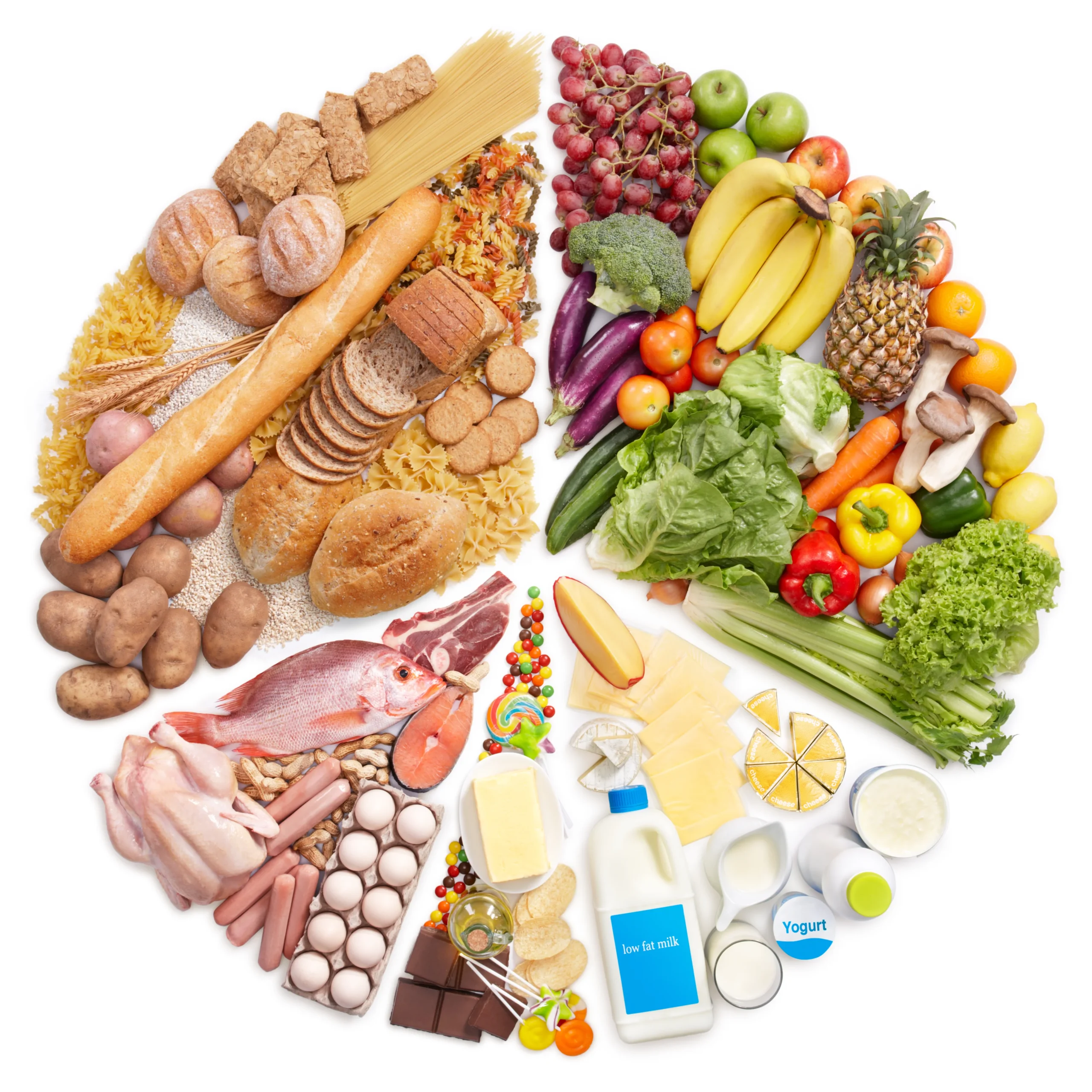In an effort to cater to the increasing interest in food guidance, the World Health Organization (WHO) has initiated the development of global guidelines on animal-source foods and plant-based alternatives. They are inviting nutrition and food safety experts to join a multidisciplinary team for this purpose. The new guidelines, expected to be finalized in 2027, will complement the existing WHO recommendations on macronutrient intake.
These forthcoming guidelines will be the first food-based dietary guidelines by WHO, responding to member states’ growing interest in this area. The guidelines will consider various factors such as nutritional benefits, potential harms, as well as microbiological and chemical contaminants, supported by risk-benefit assessments, aiming to assist member states in promoting healthier, safer, and sustainable diets.
The development of the guidelines will follow WHO’s process, involving an international group of experts forming the guideline development group (GDG). The GDG will base their recommendations on reviewed food-based evidence and models provided by a risk-benefit
assessment technical group (RBAG), focusing on relevant recommendations and contextual information to aid policymakers in decision-making.
WHO aims to guide member states in prioritizing healthier diets through macronutrient intake, policy actions, and educational initiatives. The guidelines will also offer scientific advice to organizations like the Codex Alimentarius through joint programs with the Food and Agriculture Organization (FAO) and WHO.
Experts chosen for the guidelines team will be split into two groups to develop specific recommendations on the intake of animal-source foods and plant-based alternatives, considering the ongoing debate on the ideal consumption levels of animal-source foods for a healthy diet. The role of animal-source foods in healthy diets will be explored in conjunction with plant food alternatives using evidence-informed approaches.
The experts contributing to the guidelines will have an objective advisory role and will not represent any specific government or organization. The focus is on promoting healthy diets to prevent malnutrition and non-communicable diseases (NCDs) while addressing hazards from foodborne diseases. The process is anticipated to take two to three years, with in-person meetings scheduled periodically.
WHO warns against the long-term use of non-sugar sweeteners, citing potential risks like type 2 diabetes, cardiovascular diseases, and premature mortality in adults. Additionally, the WHO global report highlights the concerning trend of insufficient progress in reducing sodium intake, risking millions of lives by missing the global target of a 30% reduction by 2025.
More information https://www.who.int/news-room/articles-detail/call-for-experts-to-develop-who-food-based-dietary-guidelines

